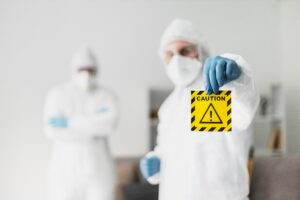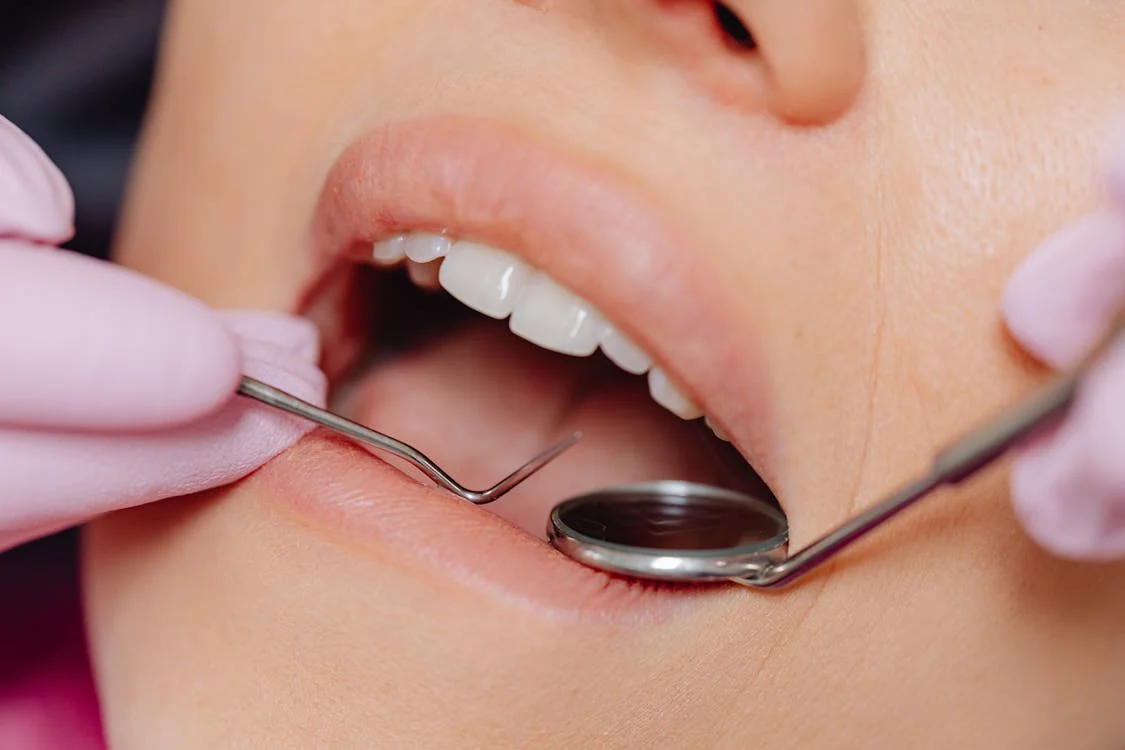Our world relies heavily on chemicals for countless purposes. From the medications we take to the cleaning products we use, chemicals are woven into the fabric of our daily lives. However, when these chemicals are not handled properly or their dangers are not fully understood, they can have devastating consequences.
Exposure to hazardous chemicals can lead to a variety of health problems, and in some cases, these problems can form the basis of a legal claim known as a toxic tort. If you believe you’ve been harmed by exposure to a hazardous chemical, consulting with toxic tort lawyers in your area can be the first step towards seeking compensation and holding those responsible accountable.
This blog post will explore some of the most common hazardous chemicals that can lead to toxic torts, along with the potential health effects associated with exposure.
Asbestos
Asbestos is a naturally occurring group of minerals known for their fire resistance and insulating properties. Once widely used in construction materials, insulation, and fireproofing, asbestos exposure is now recognized as a major health risk. Inhaling asbestos fibers can cause a variety of lung diseases, including mesothelioma, asbestosis, and lung cancer. These diseases can take decades to develop and can be fatal.
Lead
Lead is a highly toxic metal that was once commonly used in paints, gasoline, and other products. Lead exposure can have a profound impact on a person’s health, particularly for children. Children who are exposed to lead can experience developmental delays, learning disabilities, and behavioral problems. Adults exposed to lead can also suffer from a variety of health problems, including high blood pressure, nerve damage, and kidney problems.
Benzene
Benzene is a colorless liquid found in gasoline, some industrial chemicals, and certain cleaning products. Short-term exposure to benzene can cause dizziness, headaches, and nausea. Chronic exposure to benzene can lead to a variety of health problems, including leukemia and other blood cancers.
Per- and Polyfluoroalkyl Substances (PFAS)
PFAS, also known as “forever chemicals,” are a group of man-made chemicals that are resistant to water, oil, and heat. PFAS are used in a wide variety of products, including non-stick cookware, stain repellents, and firefighting foams. Exposure to PFAS has been linked to a number of health problems, including cancer, thyroid disease, and immune system problems.
Dichloromethane (DCM)
Dichloromethane (DCM), also known as methylene chloride, is a solvent used in paint strippers, adhesives, and refrigerants. Exposure to DCM can cause a variety of health problems, including respiratory problems, nervous system damage, and cancer.
Glyphosate
Glyphosate is a widely used herbicide, commonly found in the popular weedkiller Roundup. While the safety of glyphosate is a matter of ongoing debate, some studies have suggested a potential link between glyphosate exposure and cancer.
How a Lawyer Can Help
Navigating the legal system after exposure to a hazardous chemical can be complex and daunting. A toxic torts lawyer can be a valuable asset in helping you achieve a just outcome. Here are some ways a lawyer can assist you:
- Case Evaluation: An experienced lawyer can review your situation and determine if you have a viable toxic tort claim.
- Evidence Gathering: Toxic tort cases often rely on complex scientific and medical evidence. A lawyer can help gather the necessary evidence to support your claim, including medical records, environmental reports, and expert testimony.
- Negotiation: In many cases, toxic tort claims are settled out of court. A lawyer can negotiate with the responsible party on your behalf to secure a fair settlement.
- Trial Preparation: If your case goes to trial, a lawyer will represent you in court and present your case to the jury.
What to Do If You’ve Been Exposed
If you believe you’ve been exposed to a hazardous chemical, it’s important to seek medical attention immediately. Early diagnosis and treatment can be crucial in mitigating the health effects of exposure.
In addition to seeking medical attention, you may also want to consider contacting a toxic torts lawyer in your area. Toxic torts lawyers specialize in helping people who have been harmed by exposure to hazardous chemicals. They can help you understand your legal rights and options, and they can guide you through the process of filing a claim.














